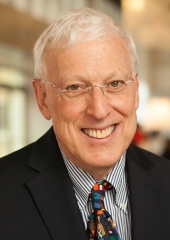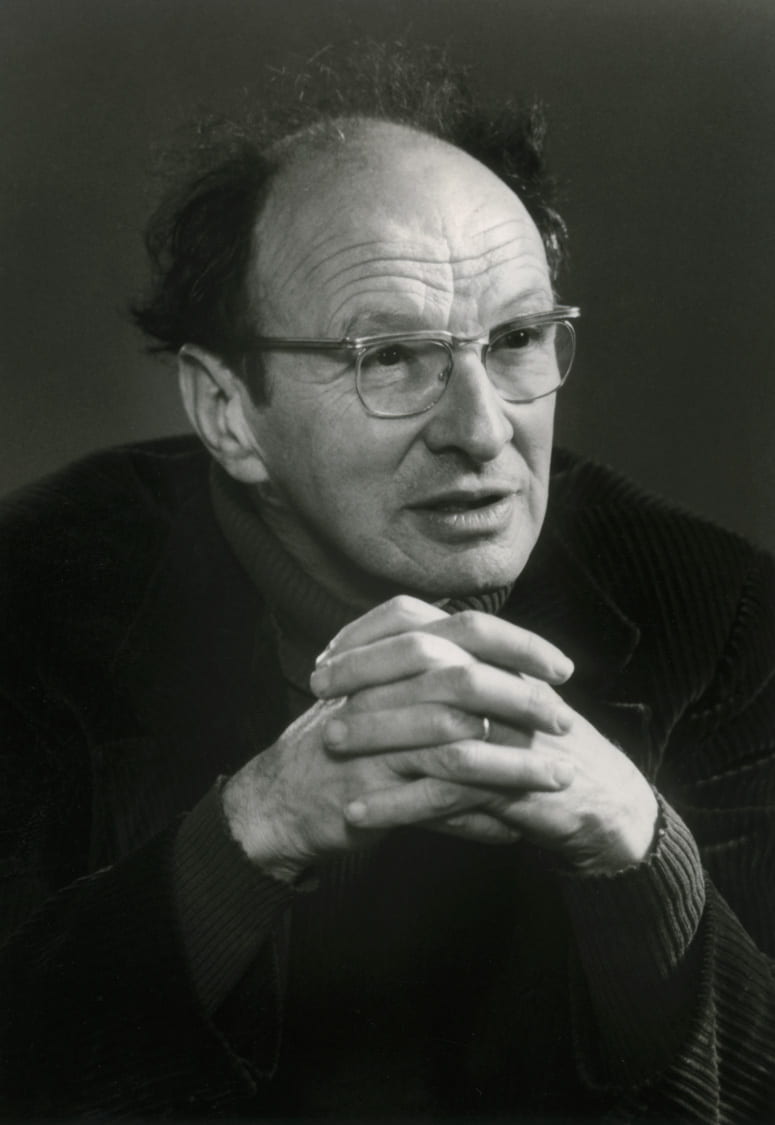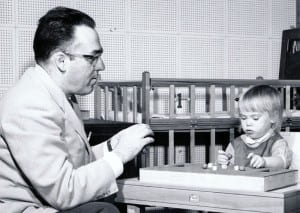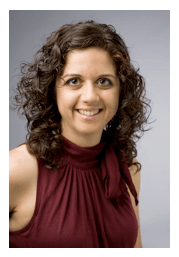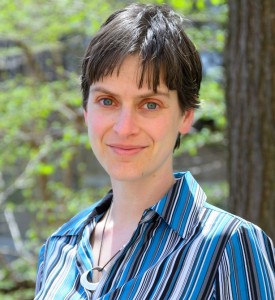 Marianella Casasola, professor in the Department of Human Development (HD), has provided research and outreach opportunities for many students and has observed how these interpersonal interactions have developed their professional skills. She will draw from her experiences in her new role as Senior Associate Dean for Undergraduate Affairs. Through collaboration with professors and students, she seeks to enhance the undergraduate experience in the College of Human Ecology.
Marianella Casasola, professor in the Department of Human Development (HD), has provided research and outreach opportunities for many students and has observed how these interpersonal interactions have developed their professional skills. She will draw from her experiences in her new role as Senior Associate Dean for Undergraduate Affairs. Through collaboration with professors and students, she seeks to enhance the undergraduate experience in the College of Human Ecology.
The effect of spatial language on preschool children's spatial skills
In a recent paper, Casasola presents groundbreaking research on the effect of spatial language, (i.e., using words to describe the spatial properties of an object in the environment), on spatial skills. Spatial skills are important to our everyday lives; for example, it makes it possible for us to locate our car keys and travel the route to work. Spatial skills are also linked to academic success in math and careers in Science, Technology, Engineering, and Mathematics (STEM) fields. Casasola designed experiments to test for a causal link between preschool children’s exposure to spatial language and advances in their spatial skills. She investigated whether preschool children repeatedly exposed to a wide array of spatial language in a natural setting, such as when playing over several weeks would transfer what they learned to spatial skills that were not part of the training. The results provided the first experimental evidence that children’s experience with spatial language during spatial play did benefit nontrained spatial skills. Casasola views this outcome as analogous to how parents and children use language in naturalistic settings and this learning transfers to preschool children’s spatial skills.
CCE Summer Internship Program
Casasola's research has shown that play is essential for early childhood learning and she has designed evidence-based outreach programs with interns from the CCE Summer Internship Program to disseminate recommendations. This past summer, her research team, investigated parents' beliefs about learning through play and how it might impact cognitive development and future academic performance. Will parental beliefs affect the types of play materials they provide their children and do they think about the educational value of the materials? Dr. Casasola's CCE summer intern, Radiah Khandokar, wrote a weekly blog about her experience working with CUCE-NYC on the development of an 8-week parent education curriculum about the role of play in early childhood learning.
Reference cited in this article:
Casasola, M., Wei, W. S., Suh, D. D., Donskoy, P., & Ransom, A. (2020). Children’s exposure to spatial language promotes their spatial thinking. Journal of Experimental Psychology: General, 149(6), 1116–1136. https://doi.org/10.1037/xge0000699


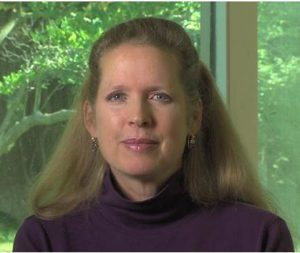
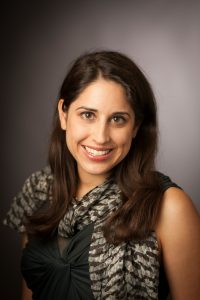
 Little research has been conducted on understanding estrangement and reconciliation in families. Karl Pillemer's forthcoming book,
Little research has been conducted on understanding estrangement and reconciliation in families. Karl Pillemer's forthcoming book, 
 Although Commencement exercises for the Cornell Class of 2020 were canceled to prevent the spread of COVID-19, the Department of Human Development honored the academic achievements of this year's outstanding students with its highest awards.
Although Commencement exercises for the Cornell Class of 2020 were canceled to prevent the spread of COVID-19, the Department of Human Development honored the academic achievements of this year's outstanding students with its highest awards. Deanna Kocher, a graduate student in Tamar Kushnir's
Deanna Kocher, a graduate student in Tamar Kushnir's 
 Discover recently added resources, including podcasts of interviews with HD faculty from HD Today e-NEWS Listen Notes
Discover recently added resources, including podcasts of interviews with HD faculty from HD Today e-NEWS Listen Notes 
